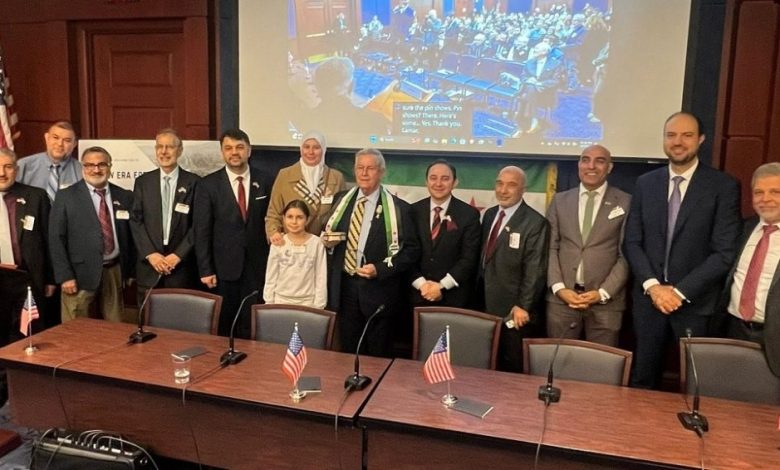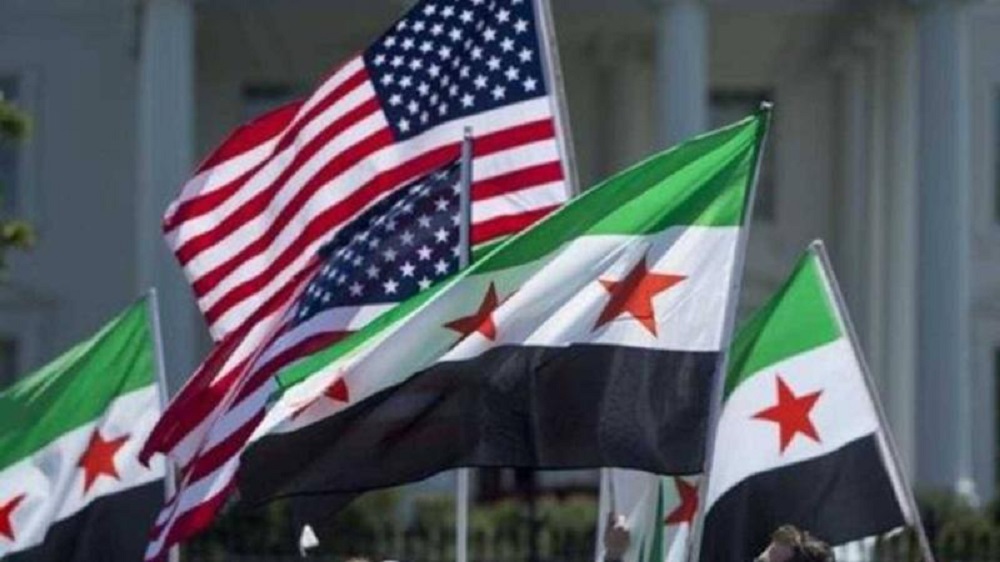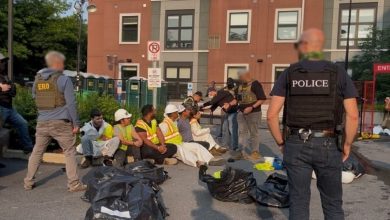US Court Delays End of Temporary Protected Status for Syrians Amid Legal Battle
Thousands of Syrians in America Remain Anxious as Trump Administration Pushes to Terminate TPS.

A federal court in New York recently ordered President Donald Trump’s administration to delay ending Temporary Protected Status (TPS) for 6,100 Syrians, following a lawsuit filed by several of them to prevent the policy from taking effect.
But a report by Al Jazeera revealed that many Syrians in the United States still live in a state of anticipation as they await a final ruling from the courts.
Implementation Challenges
Hazem Rihawi, an activist with Syrian American organizations, described the court’s delay as an important step. However, he argued that the problem is not merely ending TPS for Syrians, but rather the challenges of implementing such a decision on the ground.
Rihawi told Al Jazeera that Syrians dream of returning to their homeland, but they need time to complete their procedures—and Syria is still in a rebuilding phase.

Growing Anxiety
Temporary Protected Status is a humanitarian program created by Congress in 1990 for immigrants from countries experiencing extraordinary conditions such as wars. Beneficiaries receive protection from deportation and are allowed to work legally in the United States.
TPS was first granted to Syrians in 2012 after the Syrian revolution. One beneficiary, Abdulrazzaq al-Halabi, who lives and works in Georgia, has been living with rising anxiety since the Trump administration announced that TPS for Syria would end this month. The uncertainty has even affected his health as he worries about the potential consequences for his future and his family’s future.
Lawsuit Filed
Seven Syrians filed a lawsuit against Homeland Security Secretary Kirstjen Nielsen, supported by human rights organizations. The suit aims to pressure the U.S. government to continue providing protections and work permits to thousands of Syrians on legal and humanitarian grounds.
Meghan Hopman, an attorney with the International Refugee Assistance Project (IRAP), which represents the plaintiffs, stated that terminating TPS for Syria is part of a broader plan by the Trump administration to end the program entirely.
She added that the policy is partly driven by discrimination against non-white and non-European immigrants. TPS holders face serious harm from this abrupt termination, including the risk of losing their work authorization and their protection from arrest and deportation.
The U.S. State Department still ranks Syria at Level 4 (“Do Not Travel”) due to the ongoing security situation. Immigrant-rights advocates warn that Syrians under TPS could be forced back into unsafe conditions in their home country.



